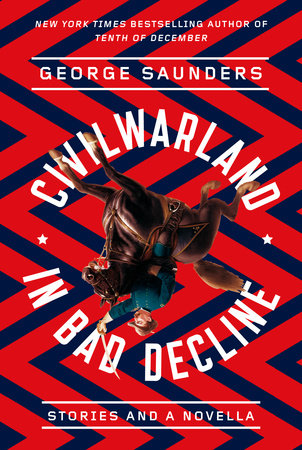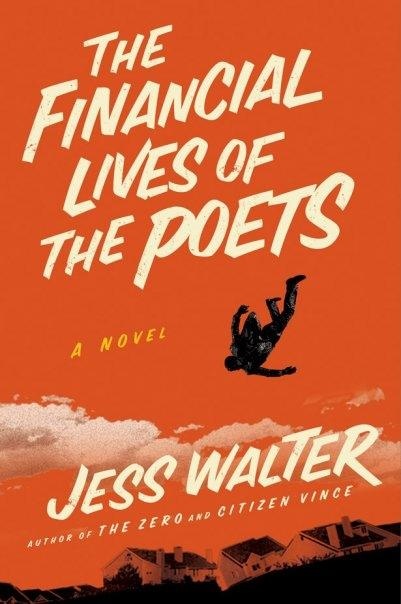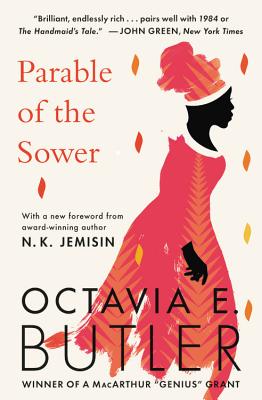Like many millennials, I’ve spent a lot of my adult life being unemployed and underemployed, either stringing side gigs and internships together in a frantic attempt at permanence, or else sitting forlorn at my laptop scrolling job boards and flinging résumés into the swirling abyss. Almost everyone has experienced unemployment at some point in their lives, and yet it’s a topic that isn’t much addressed in fiction. As I’ve written before, I think this is because unemployment doesn’t actually make for great fiction. You apply for jobs, send emails, go to networking seminars, have an interview, never hear back, and rinse and repeat, usually for months. Not really the kind of action that can propel a plot.
Because it’s such a difficult experience to get down on paper, I’m always appreciative when writers do it well. In different hands, unemployment can be a sword hanging over a protagonist’s head, it can be a slowly devouring monster, it can be a gift disguised as tragedy, or it can simply be the soup in which the characters find themselves swimming… or drowning.
In my novel, Mona at Sea, I suppose unemployment is a little of all of these: my character, Mona Mireles, finds herself unemployed and rudderless at the outset of the Great Recession, and though she eventually finds a job, she has to learn that meaningful work, for her, will have to come outside of the 9 to 5. It’s a realization that I suspect will resonate with many readers. And with income inequality and opportunity hoarding rampant across the United States, I sadly venture that unemployment and underemployment will soon see a new heyday in literature.

Temporary by Hilary Leichter
Temporary is a funny and surreal novel about a temp who finds herself in increasingly bizarre job placements: pirate, witch, ghost, human barnacle. As we watch the unnamed protagonist try to do her best in her rapidly changing work environment, it becomes clear that the novel is a razor-tipped critique of the modern gig economy, and lays bare all the costs of living a temporary and precarious life.

The Fallback Plan by Leigh Stein
The Great Recession was a huge blow for recent college grads, and in The Fallback Plan, we meet Esther Kohler who has moved back home after graduation and must fight ennui and a bad economy in order to figure out what she’s going to do with her life. Esther’s mother arranges a regular babysitting job for her, and through her increasingly complicated interactions with this new family, Esther sees that she can no longer drift, and that she needs to take charge of her life.

CivilWarLand in Bad Decline by George Saunders
George Saunders is kind of the master of the sad sack: middle-aged middlemen with middling lives who are in the process of being ground down into existential dust by an uncaring universe. In his first short story collection, his characters have jobs, but they’re usually horrible and demeaning, and his characters are bad at them. With tragicomic wit, Saunders exposes the many lies at the heart of capitalism, all with empathy for the people just trying to make it work.

The Financial Lives of the Poets by Jess Walter
Matt Prior has sunk all his family’s money into the failing venture, poetfolio.com, a dubious concept linking free verse poetry with financial advice, and now he faces imminent ruin. So he does what any middle aged unemployed man does: he starts selling pot. Walter uses self-deprecating humor and a critical eye to skewer late-stage capitalism, and the kind of lunacy that would drive someone to marry poetry and finance.

A Confederacy of Dunces by John Kennedy Toole
Ignatius J. Reilly wouldn’t say he was unemployed, but rather lacking “some particular perversion which today’s employer is seeking.” Forced by his mother, Reilly takes a job as a file clerk at a pants company, only to incite a walkout and cause a $500,000 lawsuit against the owner. Then he takes a job selling hot dogs, but can’t stop himself from consuming all of his product. Reilly’s experiences with unemployment and underemployment are torture for his mother, but hilarious for us.

And Then I Got Fired: One Transqueer’s Reflections on Grief, Unemployment & Inappropriate Jokes About Death by J Mase III
Part memoir, part poetry collection, part workbook and part rant, Mase’s book gives readers permission to feel all of it, and even encourages screaming directly into the pages if that will help. J Mase III takes an unflinching look at the work we do, the work we give away for free, as well as beautiful and heartbreaking meditations on grief and pain, and the way forward to healing.

The Wind Up Bird Chronicle by Haruki Murakami
Toru Okada is unemployed and innocently boiling a pot of spaghetti in the morning, when his phone rings and he is propelled into a Tokyo underworld, darkened by shadows from WWII and filled with prostitutes of the mind, ruthless politicians, and disappearing cats. Okada’s unemployment is only incidental to the plot, but it does allow him unlimited time to sit at the bottom of a deep, dark well, which he does a lot. I’m sure there’s a metaphor there.

Parable of the Sower by Octavia E. Butler
Grand Central Publishing reissued this classic dystopian novel in 2019 because *gestures to everything* the general state of the world was looking a lot like the post-climate-apocalypse hellscape Butler envisioned in 1993. Set in the 2020s in California, the book follows Lauren Olamina as she struggles to survive in a world with no jobs, no social order, little water, and little hope. But Lauren not only survives—she begins devising her own religion called Earthseed, with the belief that human destiny lies in the stars, far beyond the wastelands of Earth.

Down and Out in Paris and London by George Orwell
This account of Orwell’s time being desperately poor and homeless in the late 1920s is vivid and startling and frighteningly timeless:
“In practice nobody cares if work is useful or useless, productive or parasitic; the sole thing demanded is that it shall be profitable. In all the modern talk about energy, efficiency, social service and the rest of it, what meaning is there except ‘Get money, get it legally, and get a lot of it’?”
The post 9 Books About Being Unemployed and Underemployed appeared first on Electric Literature.










